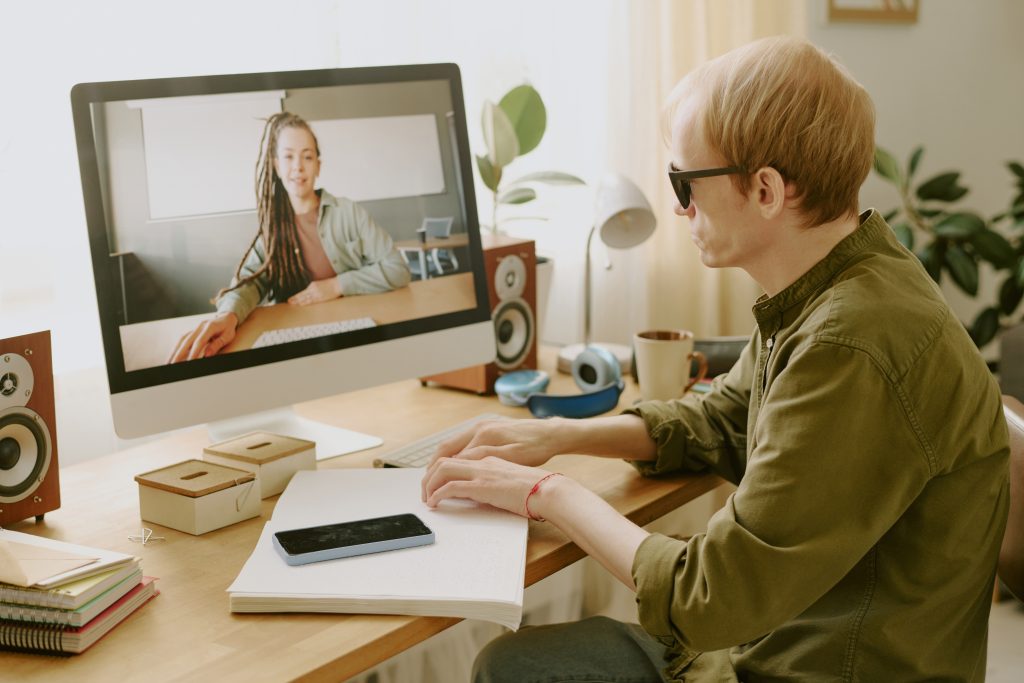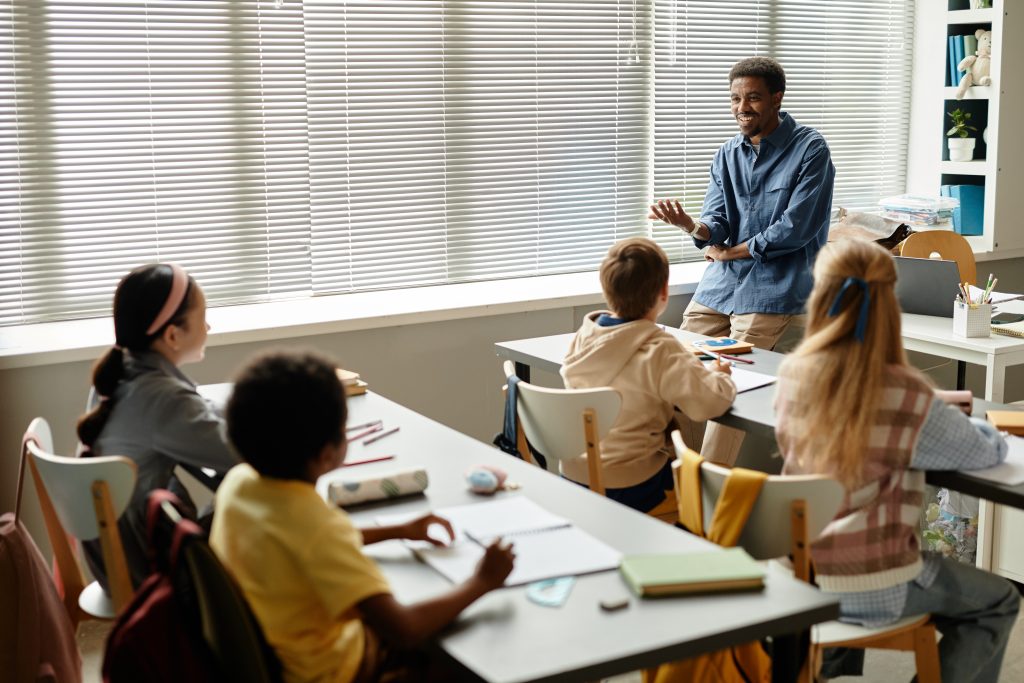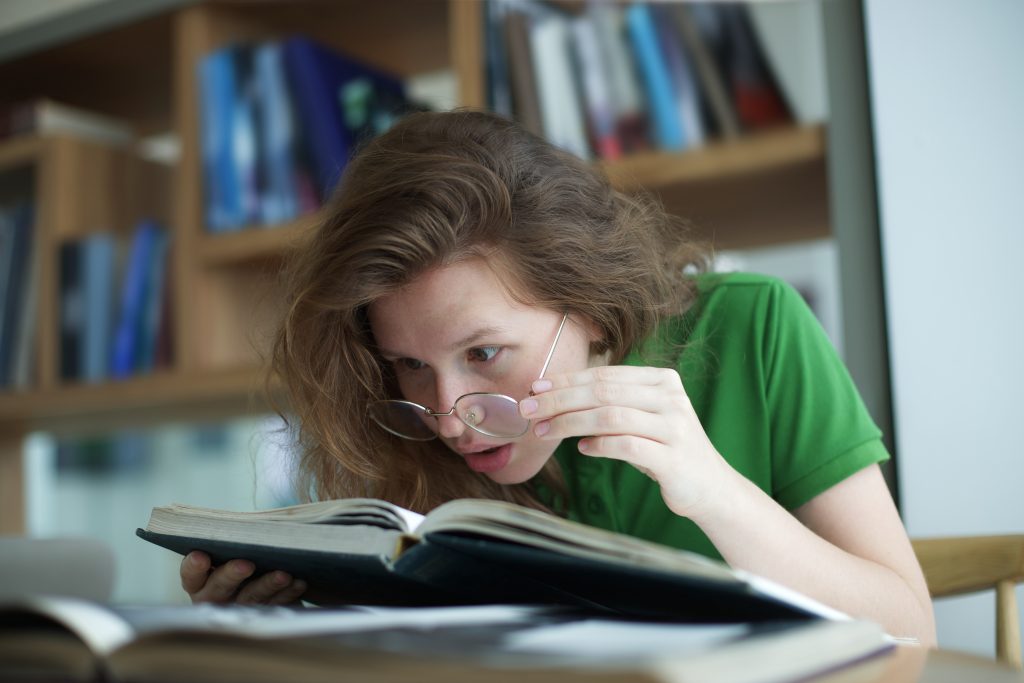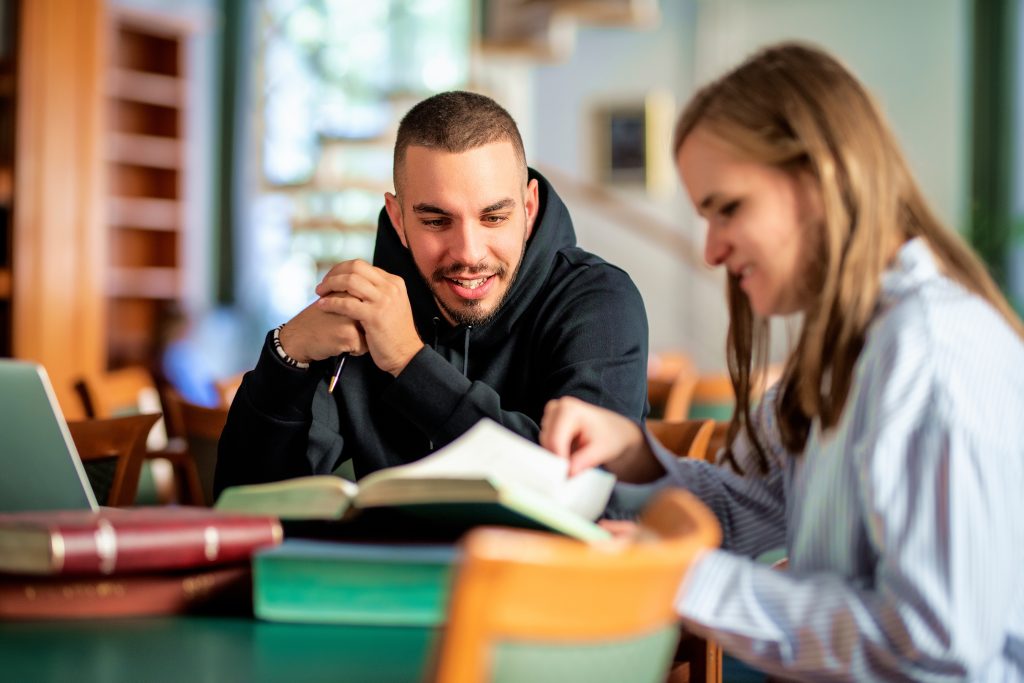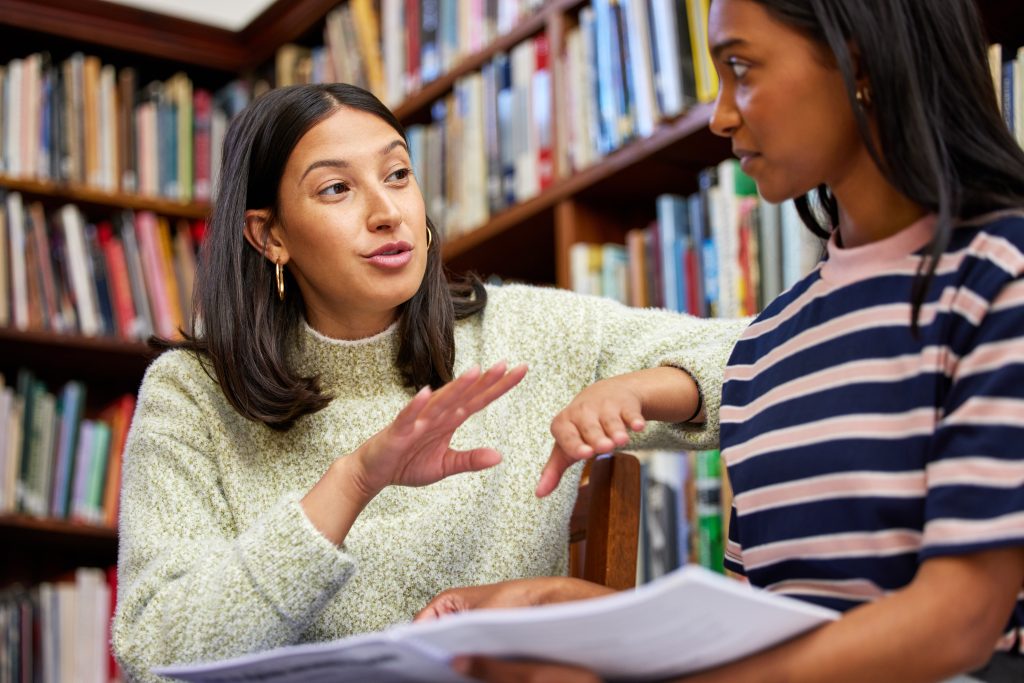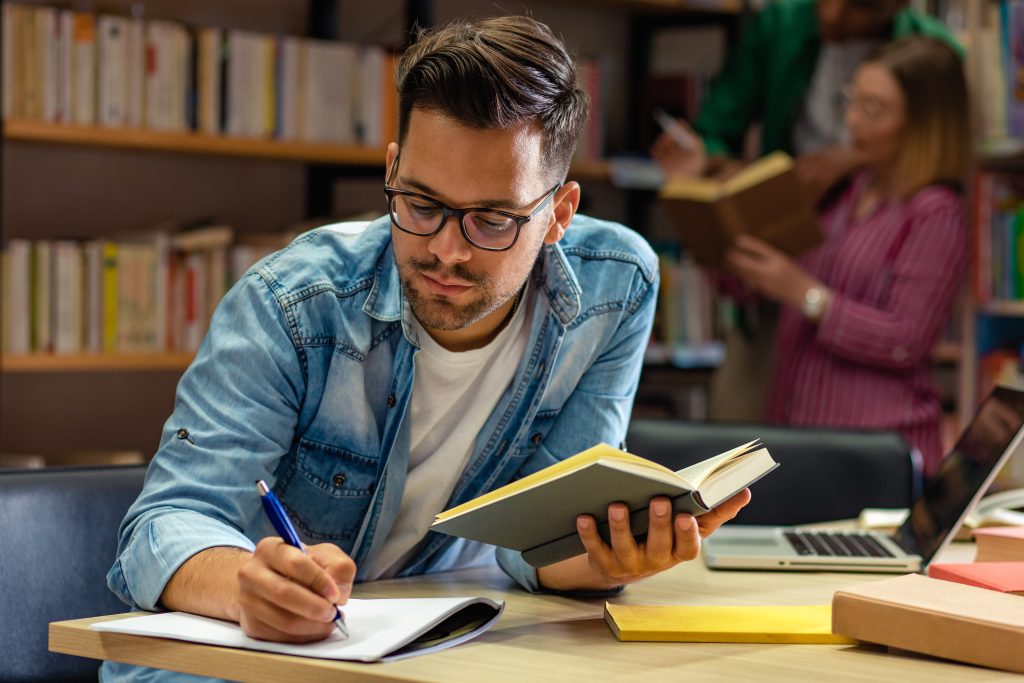The use of assistive technologies for assessment
This report describes a qualitative study which was undertaken to foster greater understanding of how AT is being deployed in practice. Data collection took place across 2 phases. For phase 1, we conducted 4 one-to-one interviews and 5 focus groups (each of 2-3 people) with teachers and special education needs coordinators (SENCos). For Phase 2,… Continue Reading The use of assistive technologies for assessment
Read More‘Access to learning’ and ‘learning to access’: Analysing the distinctive role of specialist teachers of children and young people with vision impairments in facilitating curriculum access through an ecological systems theory
This article is concerned with analysing the distinctive function and role of the specialist teacher across settings in helping to facilitate an appropriate balance of curriculum ‘access’
Read MoreTransition from school to higher education
This chapter focuses upon the transition from school for young people with vision impairment. The authors make a distinction between “access to learning” and “learning to access”. The former focuses upon inclusive practice and environmental adjustments, while the latter focuses upon developing a young person’s agency and independence. It is argued that if we attend… Continue Reading Transition from school to higher education
Read MorePromoting a balanced early years curriculum for young children with vision impairment: Developing and sustaining personal agency through a bioecocological systems perspective
This article presents the parameters of a conceptual framework to inform the design of intervention approaches that can help to reduce these barriers. It draws on a dual model of ‘access’, contextualised within a bioecological systems perspective, to examine how young children with vision impairment can establish increasing personal agency through intervention approaches that promote… Continue Reading Promoting a balanced early years curriculum for young children with vision impairment: Developing and sustaining personal agency through a bioecocological systems perspective
Read MorePerspectives of primary school staff who work with children with additional needs: Insights that may help to improve support for visually impaired children
This study carried out qualitative interviews to understand the views of primary school staff about receiving and using external specialist advice in general. These data can be used to inform and improve information-sharing aimed at supporting children in primary school who have VI.
Read MoreBalancing inclusive design, adjustments and personal agency: progressive mutual accommodations and the experiences of university students with vision impairment in the United Kingdom
The paper proposes a framework of support for reducing barriers to curriculum access for students with disabilities in higher education (HE), by drawing upon findings from a unique longitudinal qualitative study
Read MoreTeachers’ and students’ perspectives on the extent to which assistive technologies maximises independence
This study was conducted in an English, special-mainstream partnership further education college. Four students and five teaching staff members were interviewed, alongside five classroom observations of each staff member interviewed. The findings revealed largely positive views surrounding ATs potential for students with VI. The extent to which the students benefit from these advantages is dependent… Continue Reading Teachers’ and students’ perspectives on the extent to which assistive technologies maximises independence
Read MoreExperiences of Visually Impaired and Blind Students in UK Higher Education: An Exploration of Access and Participation
The paper explores the experiences of visually impaired and blind students regarding their access and negotiation of inclusion within UK higher education.
Read More“Everyone Thought My Library Assistant was My Mum”. Visually Impaired and Blind Students’ Experiences of Interactions with Support and Other Staff in Higher Education
The article explores visually impaired (vi) and blind students’ experiences of support as an undergraduate student in UK higher education (he) by focusing specifically on relationships and interactions between vi and blind students and support staff within Higher Education. Participants within this research show how their experiences highlight an uneven and often exclusionary Higher Education… Continue Reading “Everyone Thought My Library Assistant was My Mum”. Visually Impaired and Blind Students’ Experiences of Interactions with Support and Other Staff in Higher Education
Read MoreAccessing the curriculum; university based learning experiences of visually impaired physiotherapy students
All participants experienced barriers to learning within their university setting, despite having disclosed a disability and having access to and provision of reasonable adjustments. However, despite facing barriers, there were many positive experiences that enabled learning, particularly when staff and students worked together in an open, supportive, and proactive environment
Read More
